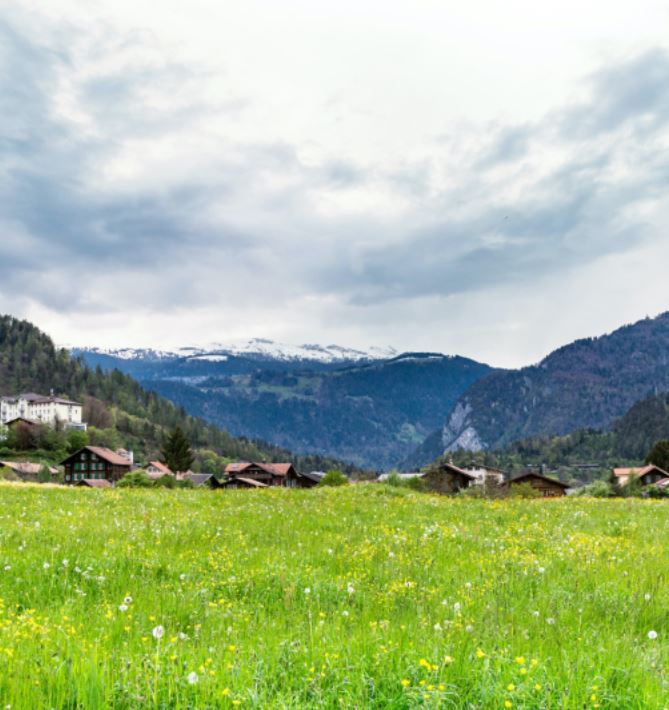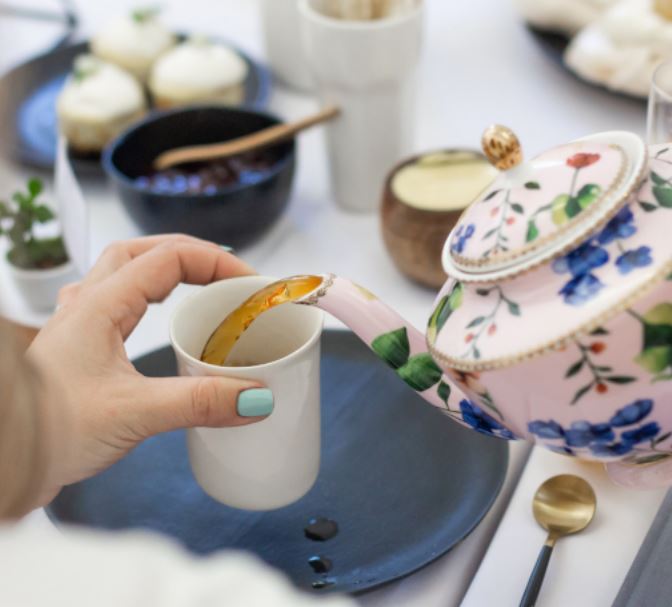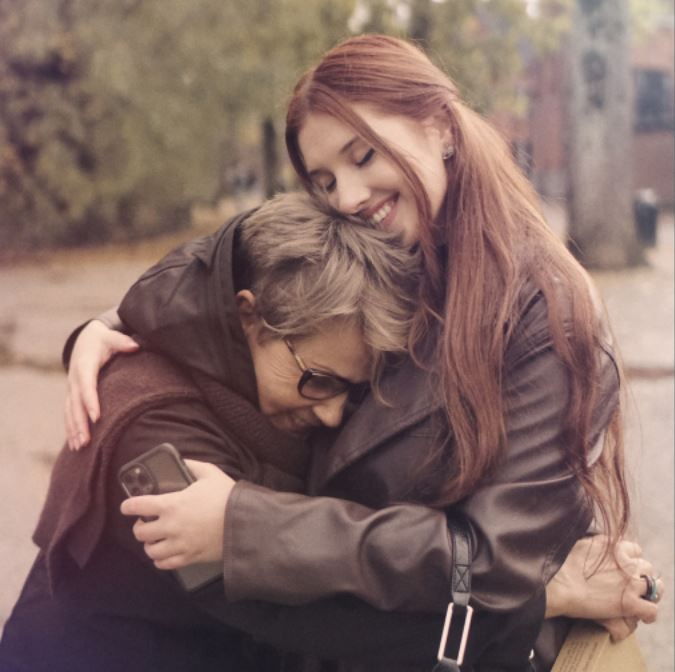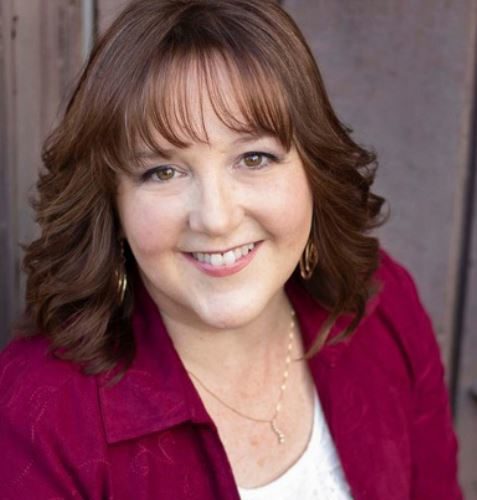by Amy M. Paronto
Eight hours on a bus to Switzerland. Eight hours of German teenagers jazzed up for a school trip to our Swiss partner school—our poor teachers. When we finally arrived in Zollikofen, the teachers wasted no time in passing each of us to a waiting Swiss student who would take us home to stay with their family for the weekend.
My German classmates said Swiss German was legendary for being incomprehensible to non-Swiss German speakers. Since German wasn’t even my native language, this disclaimer made me very anxious about my Swiss host family. Or, more accurately, about being able to understand them.
My Swiss partner was Rene. Within thirty seconds he revealed himself to be the kind of person who could talk to anyone. He was surprised to learn I was an American, and when he asked if I would prefer we speak English I saw no reason to insist on German. It would have been Swiss anyway. His English was quite good, and he seemed to enjoy using it. I was not only impressed, but relieved—Rene was every bit the host and could serve as an interpreter if I needed it.

Rene’s family lived in a nearby village, and we soon approached what was very clearly a farmhouse. I gaped at the postcard-worthy Alps looming beyond the farm as Rene got my bag from the trunk. He ushered me into the house to meet his family and announced that I was an American. This set off a flurry of Swiss chatter that was beyond my ability to follow, but body language clearly said that having an American in the house was cause for excitement. (Even now the reason for this is still unclear to me.) Rene’s mother said loudly that they would all need to take care to speak high German while I was there, and then she winked at me while Rene’s brothers and father laughed. I chose to believe it was a joke and not an insult.
His mother led me up a set of stairs to a room with dormer windows that looked out over a lush green cow pasture. The room and the view looked like a page out of an interior design magazine. At the foot of the crisp white expanse of the duvet cover was a neatly folded yellow towel. Later, I almost hated to get into the bed and rumple it.
At breakfast, I learned that Rene’s family had devised a full program for me, with Rene as my personal tour guide. Through the thick Swiss German, I could make out just enough to understand that the morning’s activity had fallen through, and they were discussing how to keep me entertained until the afternoon’s tour at a cheesemaker’s. (I found it surprising how much I was looking forward to this.)
The replacement activity was to spend the morning at Oma’s house. I liked grandmothers, so I was okay with this plan, not that I would have objected if I weren’t. My only concern was that on the continuum of German, Grandma German was on the far side of what I could understand. Swiss German was certainly living up to its reputation, and I worried that Swiss Grandma German would be even worse.
Rene took me to a chalet on the far side of the pasture with red geraniums spilling from flower boxes in every window. We walked in without knocking to find Oma in the kitchen putting cookies on a plate. One sniff of the air said they were freshly baked.

Rene kissed his grandmother and, after making introductions, named a time at which he would come back to retrieve me. Oma insisted he take a cookie. He declined, which led to a brief exchange that confirmed my fears about Swiss Grandma German and introduced a few new ones. Rene left the house with two cookies.
Oma led me to the living room, where she bade me to sit on the sofa while she settled into an armchair. A tea service was laid out on the coffee table, the kind that only grandmothers have, the kind that demands formality and is kept in china cabinets with glass doors.
I wondered how we were ever going to pass the time.
That question was quickly answered as Oma poured the tea and cut right to the small talk. She spoke high German for me—light on the Grandma German—and used the informal form of “you.”
“Rene says you’re at the German school but you’re from America.”
“Yes.”
“How long have you been in Germany?”
“Almost two years.”
Her eyebrows lifted. “Your German is quite good.”
“Not Swiss German.” I was somewhat embarrassed by this particular deficiency in my linguistic competency, but deeply pleased at the compliment. Even though she didn’t have much to go on.
She smiled. Forgiveness, or understanding? “Would you like to speak English?”
Was it impolite of me to accept? This was her home, after all.
“It’s been a long time since I spoke English.” And then, in English: “I hope you like Switzerland.”
Eventually she sat on the sofa next to me while I looked at photo albums from her lifetime of traveling. She was ninety years old and could remember the story behind every photograph of Portugal, Greece, South Africa, China. Her eyes shone with a young woman’s energy as she told me (in excellent English) about the places and things she had seen and done all over the world. Even if she had been speaking Swiss Grandma German, she was speaking a language I knew.
I drank cup after cup of tea (anyone who has seen a grandmother’s tea service knows the cups aren’t nearly large enough), one of the best I had ever tasted—black tea with a delicate sweetness that was transformed into pure ambrosia with a splash of milk. We went through one pot, then another. Just as I didn’t want Oma’s stories to end, I couldn’t drink enough tea.

When Rene came to collect me, Oma hugged me as if I were one of her own granddaughters and gave me the rest of the box of tea to take home with me. I was shocked to see it was plain old Lipton. Her gift moved me, and I didn’t know how to thank her, not just for the tea, but for her companionship and hospitality. Leaving felt like a loss I wasn’t prepared to mourn.
The tea remained tucked in my duffel bag for the rest of the trip. Back home in Germany, I put it on the shelf, where it sat for several days until I next needed a cup of tea. The aroma that drifted out as I opened the box brought me back to the sofa in Oma’s bright living room and I felt a stab of nostalgia. I reached for a tea bag, and only then did I see that Oma had written something on the inside of the lid in English:
Dear Amy, thank you for the memories. Have fun in Switzerland! -Oma
My eyes filled with water as the kettle began to boil.
Amy M. Paronto spent her high school years in Germany. After attending college in the US, she returned to Europe to teach English and spent the next five years enjoying the expat lifestyle in the former East Germany. She now lives in Baltimore, Maryland.












